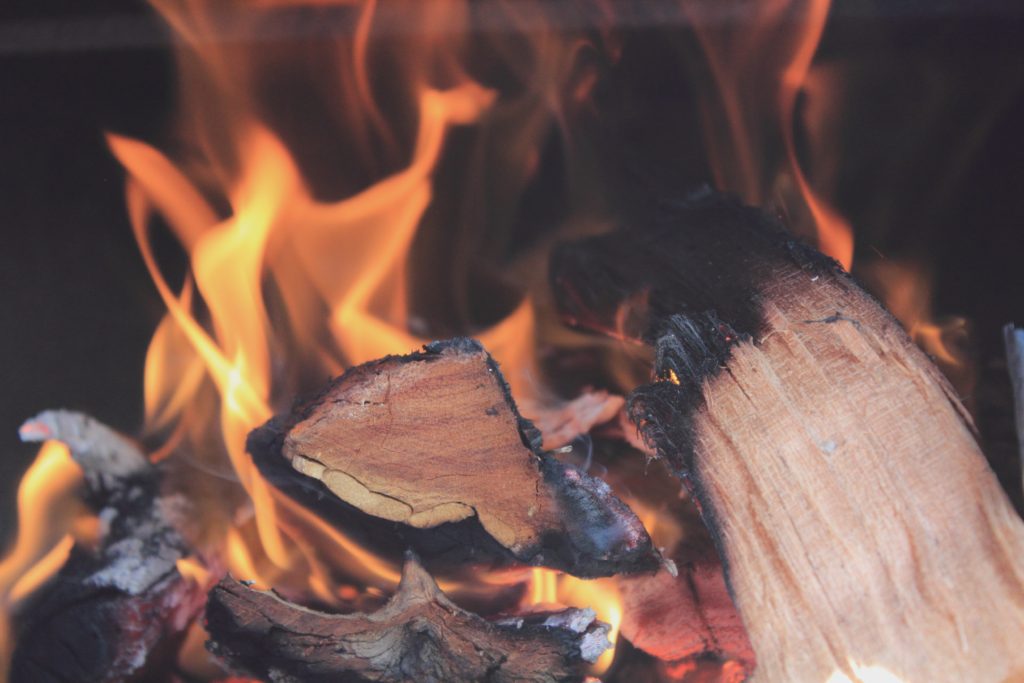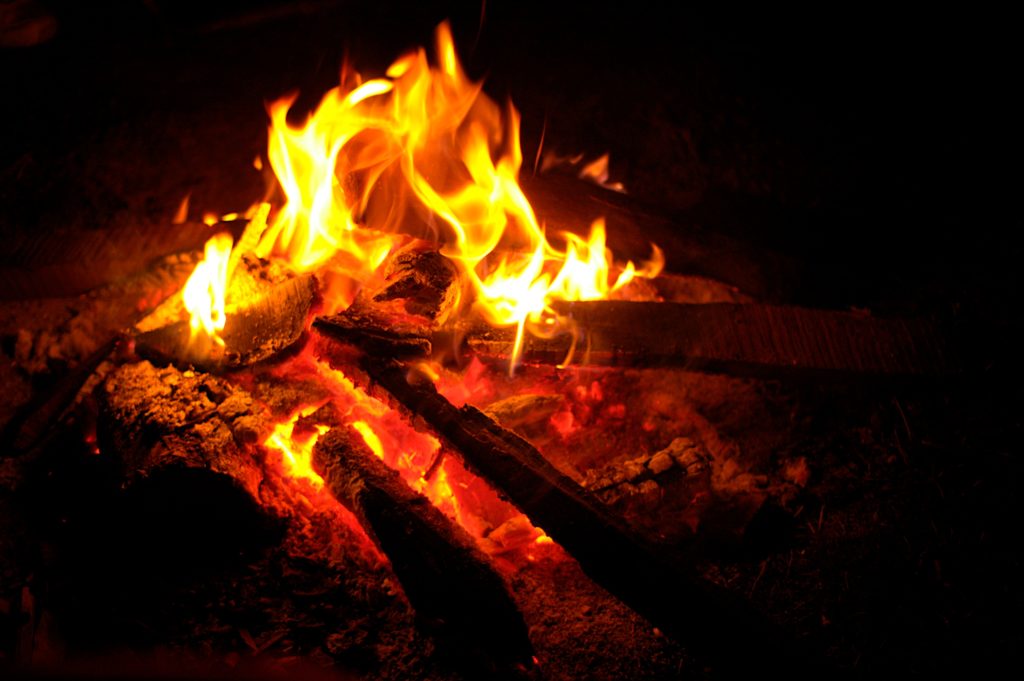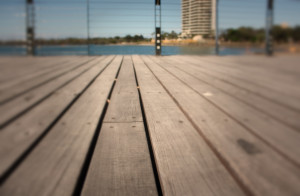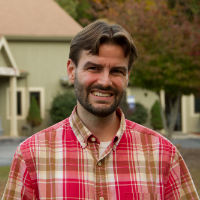We turn off all the lights, except the Christmas decorations. The tree sparks with red, gold, green, and blue. White strands frame the window, reflecting off the glass, doubling or even tripling the luminescent specks. The only other light in the room is the glow of the fire in our big stone fireplace.
It’s quiet, but for the soft crackling of the logs and occasional pops of moisture escaping the wood. The light of the flames dances on the walls around the room, flickering and fading, growing and changing. I have always been drawn to the warmth of fires, where the world seems to slow down, where there is space to ponder and ruminate, where I find reassurance, peace, hope.
* * * * *
You start with the small stuff: twigs and shredded paper, maybe some dryer lint or pieces of cardboard. Then come some bigger pieces of wood, thicker branches and split logs. Be mindful of the air: leave spaces for oxygen and heat to move around. Strike the match.
The flames spread slowly at first. Sometimes they need a little help, a little breath: don’t blow them out, blow them through. Let the air pass over and under and through the cracks and spaces between the twigs and logs. Be patient. As the smaller fuel burns away, the bigger pieces start to catch and you’ve done it: you’ve created something that breathes.
* * * * *
Camp outs in our Girl Scout troops were long days of hiking and cooking and relishing the outdoors, and they ended with campfires. In the red glow, flickering and fading, growing and changing, we’d sing songs, mostly silly and nonsensical, and roast marshmallows, promptly squashed between graham crackers and chocolate. Our moms — our troop leaders — called us firebugs. These were days of learning self-sufficiency and self-reliance, working together and connecting with nature. We didn’t know it then though, or maybe we did but we didn’t care. For us, it was just friendship. There was so much world out ahead of us yet.
Summers at home growing up were often punctuated with similar campfires: out in the backyard on the edge of the woods, my dad would build a little fire and set his lawn chair up close enough to reach the flames with a long stick. As the twilight faded and the stars showed themselves, the glow of the campfire lit up our faces. We would sit out in the backyard, listening to the frogs trill by the pool or watching the bats flit by overhead. We would talk, sure, but we would also sit in the quiet of the warm evening and stare as the flames licked the logs, charring them, breaking them down, consuming them.
* * * * *
At our own home now, my husband and I track seasons by where we lay wood for the fires: in the winter and spring, the fireplace, in summer and early fall, the back patio in a small fire pit, surrounded by benches and cushioned seating. Backyard parties always end with friends and family gathered around the red-yellow gleam. As some friends call it a night, others just gather in closer, filling their glass of wine or grabbing a blanket to wrap around their shoulders. This is when conversations start to change: boisterous talk of friends catching up turns to slow, more thoughtful topics. This is sacred time.
Under the cover of mostly-darkness, faces lit only by a gentle blaze, we let down our guards and talk of the things that have troubled us, the things that have changed us, the things that have given us hope. Our voices lower and conversations become quieter as they become more serious. We choose words carefully, laying out offerings at the feet of our friends, which are picked up gently and turned over thoughtfully in the light of the campfire.
* * * * *
In the soft light of the fire and the Christmas lights, we can stop the world. We can stop the worry and the bustle and things that up-end us. We watch the lights flicker and fade, grow and change. Then, the flames die down low. The charred logs crumble and the ash settles. We lay down our weariness as we look toward the new beginning coming soon to save us, to give us another chance, to give us hope for brighter days. And we sit quietly in this space, in the glow of the last red embers.
Jamie Y. Watkins is a wife, sister, daughter, and friend. She works at a non-profit by day and goes to school at night, trying to find time to write in between. Her biggest passions are travel– France in particular– film, and good conversation. She lives in New Jersey, where she and her husband open their house to others with good food and wine. She blogs at Seek.Follow.Love about wrestling with faith and church, looking for meaning in the every day, and feeling her way through life.
Twitter: @jamieywatkins, Facebook: @jywatkinswriter, Photos by Obed Hernandez and Rahul Rekapalli





